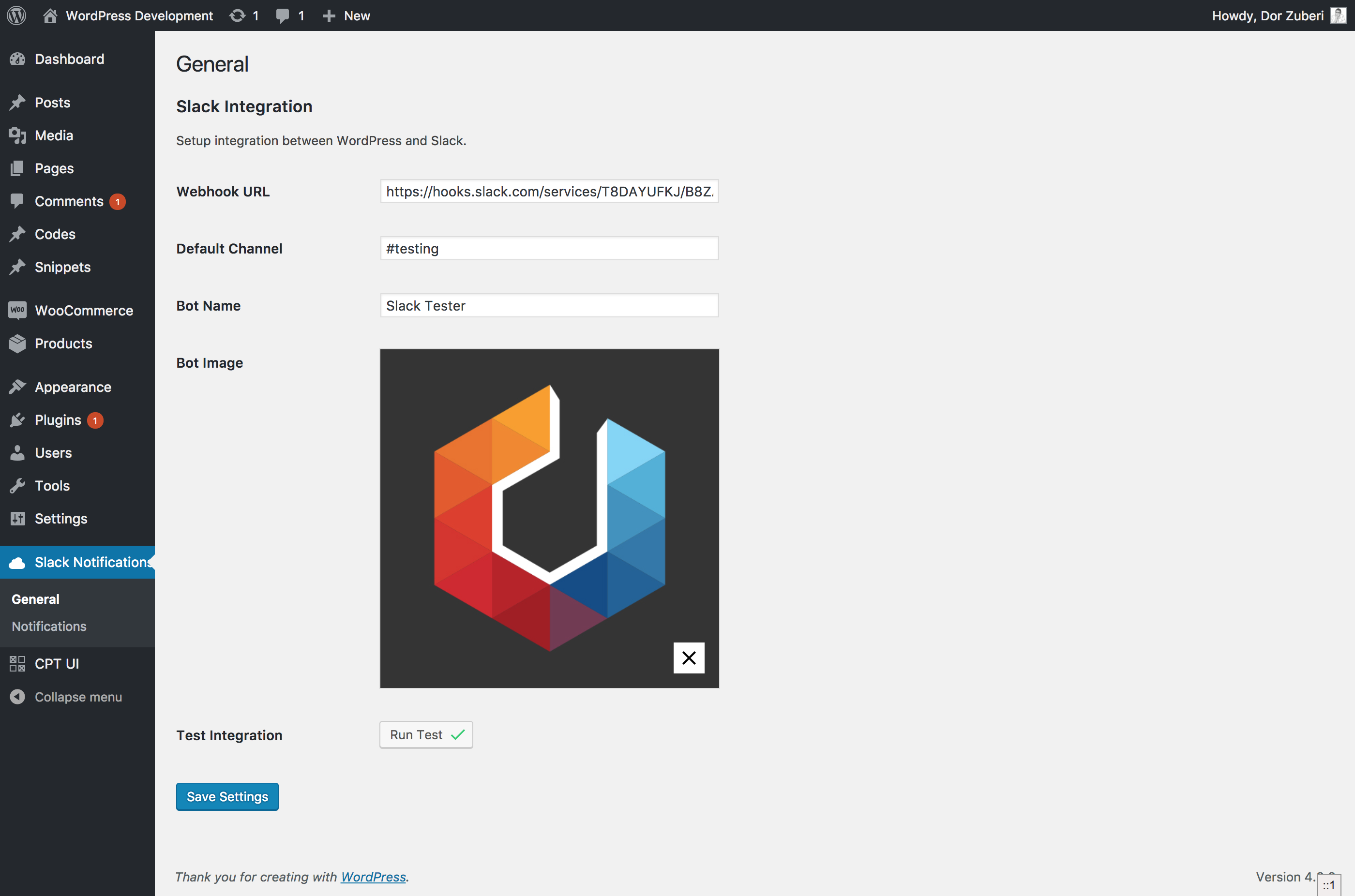
Here’s why: I think it’s likely that soon all computer users will have the ability to develop small software tools from scratch, and to describe modifications they’d like made to software they’re already using. While I’m confident that LLMs will become useful tools for professional programmers, I also think focusing too much on that narrow use risks missing the potential for bigger changes ahead. However, I suspect this won’t be the whole picture. It’s also a comforting thought, because developers can feel secure in their future job prospects, and it doesn’t suggest structural upheaval in the way software is produced or distributed 😉 This is a safe bet since GitHub Copilot has already shown it’s viable. One answer to that question is that LLMs will make skilled professional developers more productive. OpenAI also released plugins for ChatGPT, which are a productized version of the ReAct tool usage pattern I played around with in my previous post about querying NBA statistics using GPT.Īmid all this chaos, many people are naturally wondering: how will LLMs affect the creation of software?

Microsoft Research released a paper showing how GPT-4 was able to produce quite sophisticated code like a 3D video game without much prompting at all.

OpenAI released GPT-4, which shows impressive gains on a variety of capabilities including coding.

It’s been a wild few weeks for large language models.


 0 kommentar(er)
0 kommentar(er)
